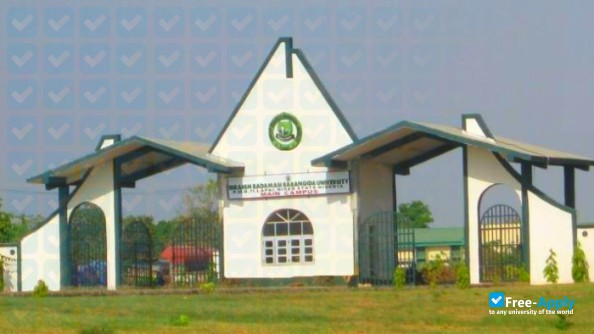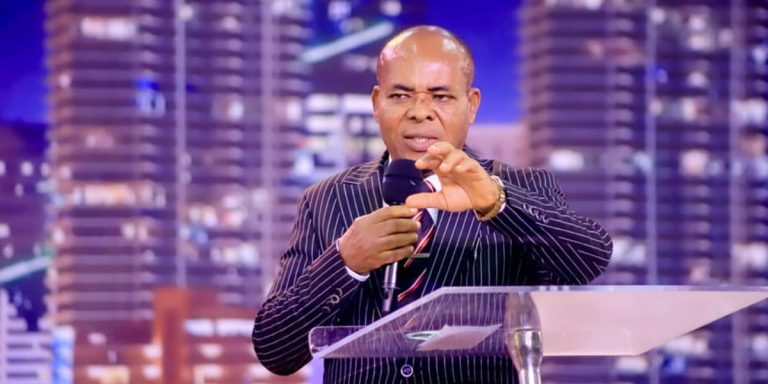A somber gathering in Kenya’s Kiambu County this week highlighted growing tensions over police conduct during protests, as mourners bid farewell to 12-year-old Bridget Njoki, whose death has become a national rallying cry for accountability. The sixth grader was fatally struck by a stray bullet on July 7 while inside her family’s home in Ndumberi during the Saba Saba demonstrations—annual protests marking Kenya’s historic push for multi-party democracy, now often focused on governance and economic grievances.
Hundreds attended the emotional funeral at Ndumberi Catholic Church, where Bridget’s mother condemned security forces for what she called indiscriminate violence. “She stayed home to avoid danger, but danger found her,” the grieving parent said, her voice breaking. “My child’s life ended for no reason. We demand justice—not just for Bridget, but for every child at risk from these bullets.” Witnesses and family members say the projectile pierced their roof during clashes between police and protesters nearby, hitting Bridget in the head as she sat in their living room. She succumbed to her injuries en route to the hospital.
The tragedy has intensified scrutiny of law enforcement tactics during this year’s demonstrations, which activists say have claimed nearly 70 lives nationwide. Human rights monitors, religious leaders, and local officials joined mourners in calling for systemic reforms. The Kenya National Commission on Human Rights (KNCHR) cited Bridget’s case as part of a “disturbing trend of state violence,” urging independent probes into all protest-related fatalities.
Authorities face mounting pressure as the Independent Policing Oversight Authority (IPOA) investigates the incident, with demands to identify and prosecute the officer responsible. While officials pledge accountability, skepticism persists among citizens weary of past unfulfilled promises. Bridget’s death has reignited debates about proportionality in crowd control measures, particularly the use of live ammunition in residential areas.
As floral tributes piled high at the graveside, the broader implications of the loss resonated beyond Kiambu. Advocacy groups emphasize that Bridget’s story underscores the vulnerability of civilians—especially children—during civil unrest, urging international attention to Kenya’s escalating human rights concerns. For now, her family awaits answers, their private grief amplified into a public test of the nation’s commitment to justice.



